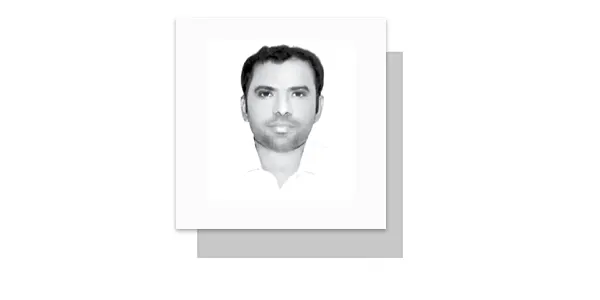BALOCHISTAN, Pakistan’s largest and most overlooked province, is a land of immense potential hidden beneath years of neglect. It is home to some of the richest mineral deposits in the world, including the famous Reko Diq reserves in Chaghai district.
With an estimated 5.9 billion tons of gold and copper, these reserves could sustain mining operations for four decades, yet their promise has remained largely untapped due to mismanagement, legal battles and missed opportunities.
A ray of hope has emerged in recent years. A groundbreaking agreement with Barrick Gold has given the company a 50% stake in the Reko Diq project, while the remaining share is split between the Federation and Balochistan. In a bold move, Pakistan recently approved the sale of 15% of the federal government’s stake to Saudi Arabia. This deal, worth $540 million, will bring in $303 million in the first phase for a 10% share and $210 million for the remaining 5%. Saudi Arabia’s involvement marks a new chapter, showing growing international interest in Pakistan’s mineral wealth. Balochistan is not just about Reko Diq; it holds more than 40 minerals, including oil, gas, uranium and coal.
Experts believe these resources could fuel Pakistan’s energy and industrial needs for up to a century. At Reko Diq alone, an estimated 10 billion kilograms of copper and 368 million grams of gold could be extracted, providing a massive boost to the national economy.
But while the potential is enormous, the reality of Pakistan’s mining sector tells a very different story. In 2024, the country’s economy grew by a mere 0.92% and the mining sector shrank by 4.6%. This decline highlights a history of poor governance, weak policies and wasted opportunities, especially in Balochistan, where the wealth beneath the soil remains out of reach for its people.
Saudi Arabia’s investment in Reko Diq could be a turning point, but unlocking its full potential requires more than foreign deals. Pakistan must address long-standing issues that have discouraged investors—political instability, bureaucratic delays and inadequate infrastructure. Transparent governance, investor-friendly policies and reliable infrastructure are crucial to attracting and retaining foreign partnerships. Without these, even the most promising projects risk stagnation. Reko Diq is more than a mining venture; it is an opportunity to reshape Pakistan’s economic future. For too long, the country has depended on agriculture and remittances, limiting its growth potential. By developing its mining sector, Pakistan can diversify its economy, generate billions in revenue, create thousands of jobs and gain access to global markets. Partnerships like the one with Saudi Arabia bring not just financial support but also technical expertise and international credibility.
This is a defining moment for Balochistan and Pakistan as a whole. If managed wisely, the Reko Diq project could become a symbol of progress and prosperity, transforming Balochistan into a hub of economic activity and placing Pakistan on the map as a leading player in the global mining industry.
—The writer is contributing columnist, based in Turbat, Balochistan.
(gulabumid2370@gmail.com)










